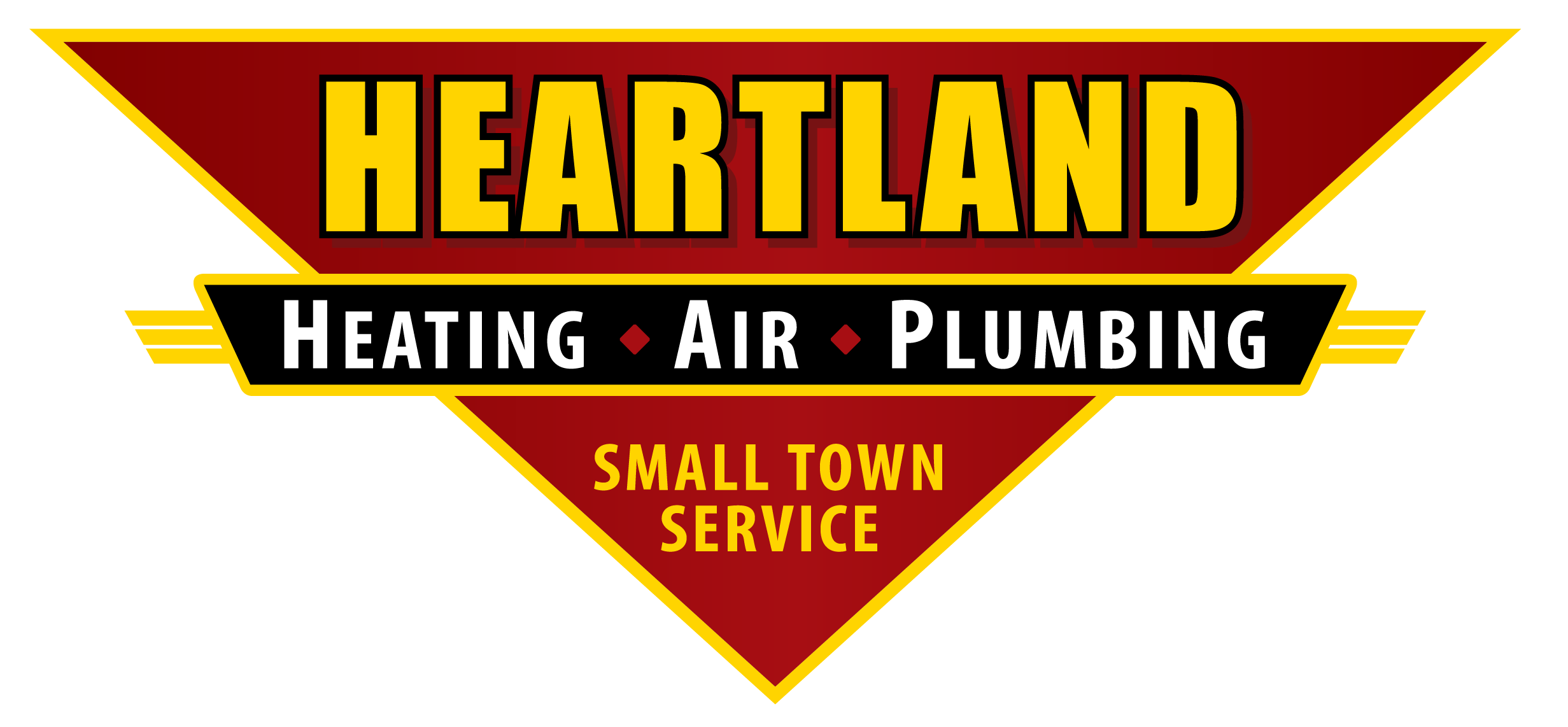If you’re fed up with leaky pipes and discolored water in your home, then you’ve probably called a plumber to investigate. They may have told you that your home’s plumbing system needs to be repiped. But what does repiping mean and what does the process include? The professional plumbing team at Heartland Heating, Air and Plumbing explain the process and what you can expect from having your home repiped.
Signs That Your Home Needs to Be Repiped
There are several signs that indicate you need to have your home repiped. These include:
- Low water pressure
- Rusty or discolored water
- Leaks in your plumbing system
- Foul odor or taste in your water
- Visible corrosion on your pipes
It’s best to call in a professional plumber to make plumbing repairs, but they may recommend that your entire plumbing system be replaced. While this may sound expensive, it’s often better to take care of the whole plumbing system at once, rather than replace it one pipe at a time.
Repiping is often caused by old plumbing pipes made of materials that are old, corroded, or damaged, and are no longer able to provide a reliable water supply to your home. We see this often in older homes with an old plumbing system installed. It’s often worth it to replace all of your home’s pipes because although you may have found one damaged pipe, chances are the rest of the plumbing system is made of the same materials and they will soon be damaged and cause leaks as well.
Galvanized steel pipes are commonly replaced. These kinds of pipes were used commonly in the 1950s but are prone to corrosion and leaks with age. Galvanized steel plumbing is also a common cause of lead in drinking water. There’s a good chance if you have one leaky galvanized steel pipe in your home, that there are more throughout your plumbing system. Replacing the whole plumbing system at once can save you a lot of money on plumbing repairs in the future.
What is Involved in the Repiping Process?
Repiping typically involves removing the existing pipes and replacing them with new ones. This can be a complex process that requires professional expertise and specialized equipment. The plumber will first assess the scope of work throughout the entire home and determine the best approach to repiping your home. This may involve removing drywall, concrete foundation, flooring, or other structural elements to access the pipes. Once the old pipes are removed, the new pipes will be installed and connected to the water supply system.
The length of time it takes to repipe a home depends on the size of the home, the complexity of the home plumbing system, and the extent of the work required. In general, repiping a small to medium-sized home can take anywhere from 2 to 5 days.
Benefits of Replacing Your Plumbing System
While the repiping process might seem like an extensive undertaking, the rewards are well worth it. Many homeowners who have had repiping done in their homes notice great improvements in their home’s water quality, water pressure, and efficiency.
Suppose you live in a home with hard water. In that case, mineral buildup can be plaguing your pipes, causing pressure issues as well as clogging up water-using appliances like your water heater, dishwasher, and washing machine. New pipes can help improve the performance of these appliances and help them work more efficiently, which can help you save on water bills.
Older homes certainly have their charms but can be plagued with problems. When it comes time to sell your home, investing in a new plumbing system and plumbing fixtures can help add value. In the end, if an experienced plumber recommends repiping your home, you should definitely consider it.
Talk to the Plumber at Heartland About Replumbing Your Carbondale Area Home
Repiping is a complex process that requires specialized knowledge and equipment. Attempting to repipe your home yourself or hiring an unlicensed or inexperienced contractor can result in costly mistakes, leaks, or even flooding. Professional plumbers have the experience and expertise to assess your plumbing system, determine the scope of work, and ensure that the new pipes are installed correctly and up to code. It’s important for a project this intense that your get estimates from multiple plumbers. Talk to the plumbing team at Heartland Heating Air and Plumbing for a comprehensive estimate or a second opinion.

